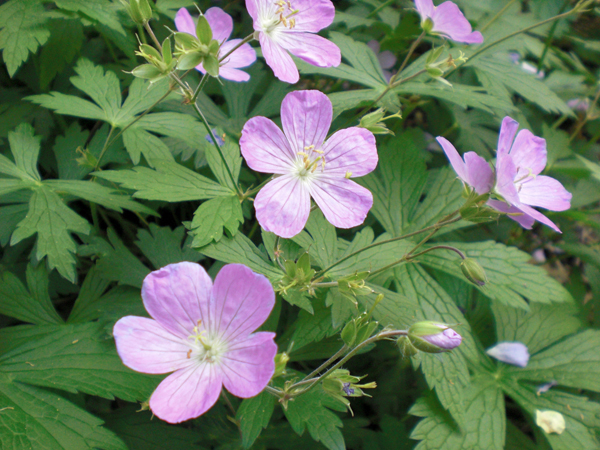
There was such a warm winter in the Middle Tennessee area this year that spring just may not be as appreciated as it would have been had we had a cold winter. Now the rains are coming, so before you go out to put in the spring vegetables, be mindful of the moistness of the soil. If you squeeze a handful of soil and it maintains form, the soil is too wet to work. If you proceed and work it anyways, you will accomplish soil sculpture, creating the hard clumps of compacted dirt that do not support healthy gardens. It takes more than a season to fix the sculpted dirt and get it into useable soil condition again. I speak from experience; heed my plea. Your excitement to work in the garden could set you back.
Spring is a beautiful time to be outside. There is not a better way to enjoy the outdoors and be productive than to garden. We are in the time frame to get cool-weather vegetables in. There is a brochure that the UT Extension publishes, SP 291, “Guide to Spring Planted, Cool Season Vegetables.” It is available online in pdf format. One sentence in it has a concept that home gardeners can embrace: home gardeners can tighten up the space between rows, especially if the garden is hand cultivated, but they should follow the recommended space between plants.
The recommended rule of thumb is to plant most cool-season vegetable seed at a depth equal to approximately three times the seed diameter. Lettuce needs light to germinate, so lightly broadcast that seed on top of the soil and pat it in. In the aforementioned guide there is an easy-to-understand graph of spring vegetables and when to plant. I especially like the additional hints of tying the cauliflower leaves over the head to blanch it. Another one is to cut the potatoes several days before planting to minimize rot.
If you are thinking of planting a fall crop of cool-season vegetables, consider picking up the seed in the spring. Some of the spring varieties can also be fall varieties, and finding seed in August can be a challenge.
The quality of your soil is the foundation to your garden. If you ignore the condition of your soil, plants can still grow and produce but it will take more money, time and manufactured nutrients. I think of gardening as a partnership. The plants take their life support from the soil. As stewards of the garden, we help the soil replenish their extracted nutrients.
The “old way” is to improve the soil condition so the nutrients are naturally created from compost, decaying vegetation and earthworm activity. This is referred to as organic gardening. It takes time. Earthworms are a vital part of organic matter production process. Gardeners do have the potential to create “black gold” year round. Feeding earthworms food scraps (no meat, dairy, bones) and providing a dark, warm environment to live are the basics to the process called vermicomposting. Beautiful, rich soils are created through their efforts.
Encouraging earthworms in their natural environment through the organic process of decomposition can be done throughout the season. Whether composting piles or sidedressings of untreated clipped grass, replenishment through decomposition is a benefit to the soil health.
Your garden can flourish with the addition of manufactured nutrients as their purpose is to improve fertility which result in more eatables. Utilize soil testing. Any deficiencies can be quickly addressed with a manufactured solution. Soil tests are offered for a minimal fee at the UT Extension office on John R. Rice Blvd. Take several samples from throughout your garden area to get an overall analysis.
In my opinion, the two techniques of organic practices with measured manufactured additions do not conflict, but instead complement each other. Work on improving the soil structure and the humus within the soil. At the same time, follow directions carefully for measured manufactured nutrients. More is not necessarily better, as wrongly measured amounts could create burns and kill the plants.
Nothing will taste better than your own lovingly cultivated vegetables. Cheers to dirt under your nails and a productive and happy growing season.













